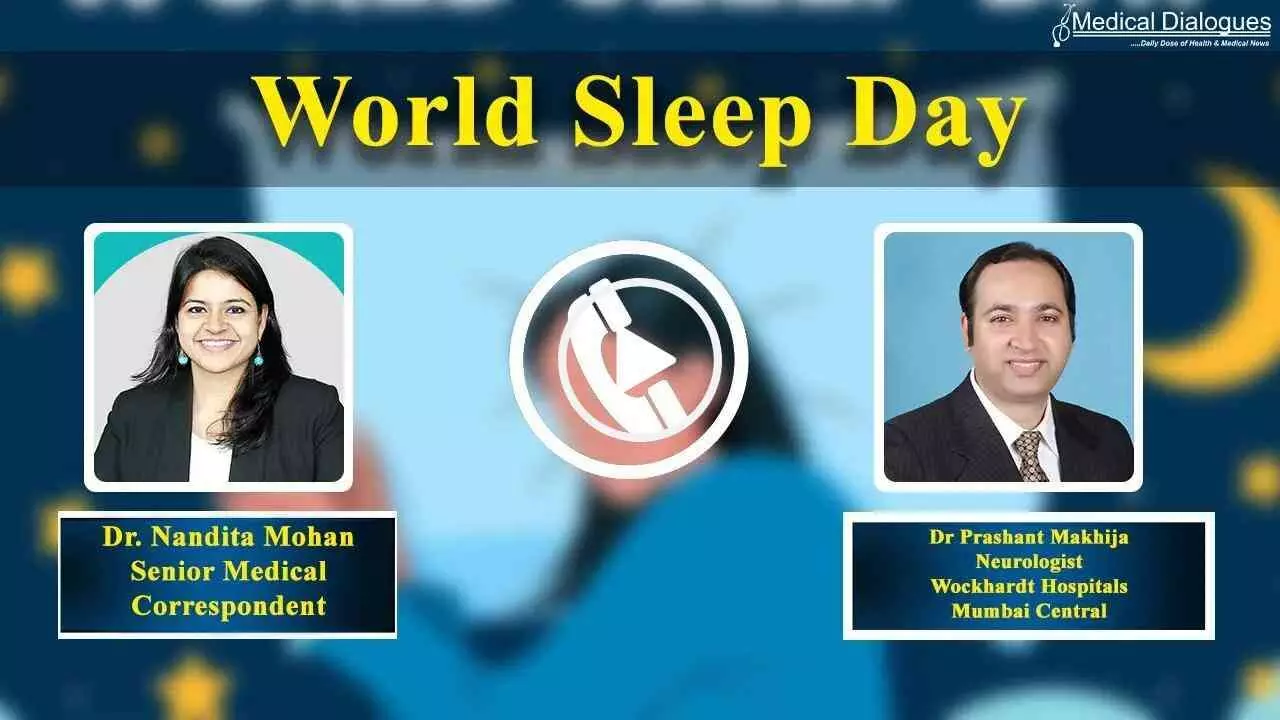Prioritizing Sleep Equity for Global Well-being, Insights by Dr Prashant Makhija on World Sleep Day

World Sleep Day is an annual event organized by the World Sleep Society, aimed at raising awareness about the importance of sleep and the prevention and management of sleep disorders. This year it is marked on15th March.
The focus of this year’s World Sleep Day revolves around “Sleep Equity for Global Health.” While sleep is crucial for overall well-being, noticeable variations in sleep quality persist among different populations worldwide, exacerbating existing health disparities and reinforcing inequities
It is a known fact that sleep plays a crucial role in many ways. It helps in maintaining optimal cognitive function and emotional well-being. It is essential for memory consolidation, learning, problem-solving, any decision-making process does need a healthy sleep.
